MedicalAlertBuyersGuide.org is an independent review site. We may earn money when you click on links on our site. Learn More
Developments in Technology For Seniors
The tech market continues to make headlines as it develops sophisticated technology such as artificial intelligence (AI), health monitoring sensors, and more. One of the fastest-growing segments of the market is tech for seniors. What does this look like?
Senior tech seeks to support health and independence while solving many of the problems the aging population faces. Some technology is designed with a protective philosophy. These devices can detect falls, issue reminders to take medication, or let caregivers check in remotely through home monitoring systems.
Other tech for seniors is designed for a support role. It supports seniors as they work, learn, connect with loved ones, travel, and do tasks around the home. This kind of tech can include video call software, apps to hail a ride, hearing aids, electric wheelchairs, and much more. Both forms of technology have grown by leaps and bounds over the last few years, but adopting the tech can be challenging.
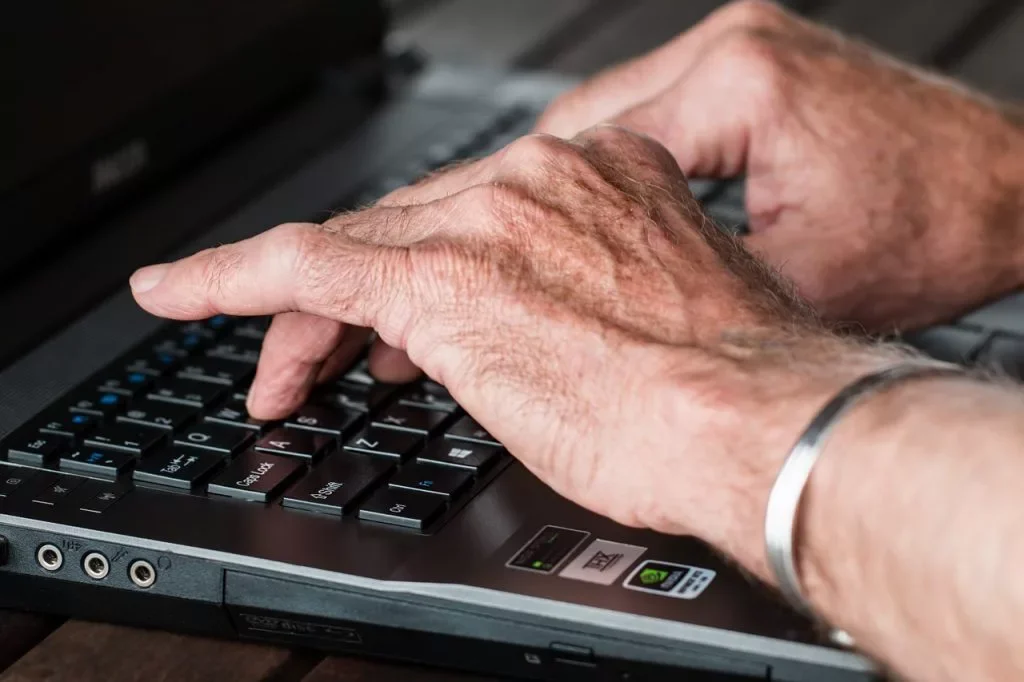
Cutting-Edge Devices and Software
The hottest trends in our current senior tech market blend multi-functional devices with sophisticated software. These include:
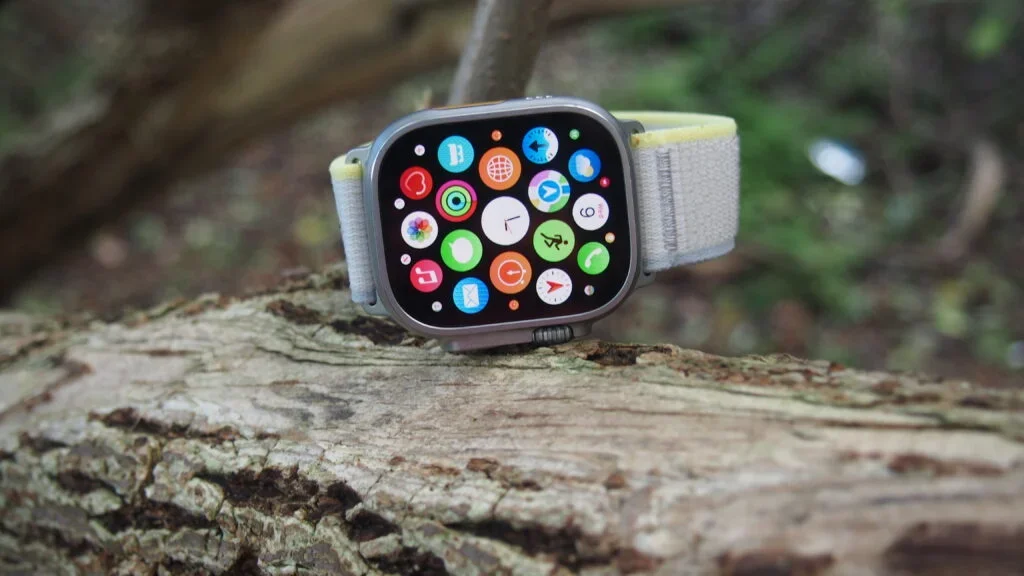
- Hearable: no longer just “wearables” but “hearables” constitute a booming market that offers AI-enabled hearing aids, integrated virtual assistants like Siri or Alexa, Bluetooth connectivity, ability to stream music directly into a device, and more.
- Smart watches with locator functions, step counters, health monitoring and more. Apple is on the cutting edge here, but other big companies have similar tech in the pipeline.
- Fall-detection functions are becoming more prevalent, from wearables to in-room sensor arrays. Fall prevention definitely forms a clear horizon as AI gets more sophisticated.
- AI is appearing elsewhere as senior companion robots, medical chatbots, and medical AI that can streamline doctors’ tasks.
- More widespread, senior-optimized smart homes with broadband access, voice-controlled central hubs, and monitoring tech that allows caregivers to connect remotely.
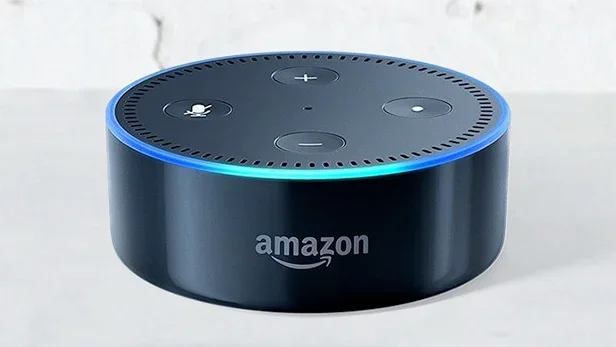
New Tech Brings New Challenges
Unfortunately, a lot of sophisticated tech for seniors is not very easy to set up and use, even for caregivers who help. There is a serious lack of tech support throughout the industry, particularly support designed for people who are not the most tech-savvy. Not all vendors and tech developers offer support.
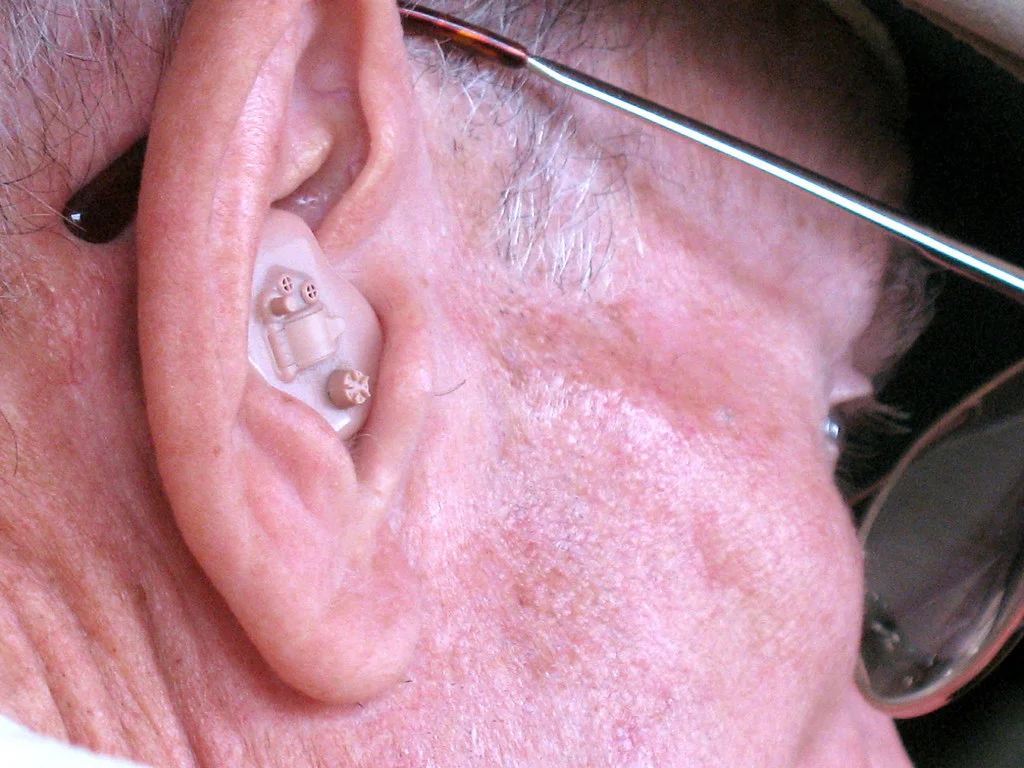
Take hearing aids as an example. The FTC has approved over the counter hearing aids, letting consumers buy this tech without having to see a doctor. This sounds great but the change presents both pros and cons.
Pros:
- Hearing aids can be purchased from a variety of vendors.
- Devices may be significantly cheaper.
- No longer requires a prior doctor’s visit.
- Many models are available, from basic to feature-rich.
Cons:
- Devices have to be calibrated to the senior’s specific pattern of hearing loss.
- Consumers may struggle with this task.
- Aids vary wildly in terms of quality, comfort, and features.
- Buyers must spend extra time and effort researching the devices.
- Health insurance may not pay for them.
The emerging technology on the market has a lot to offer seniors. Unfortunately, it can also expose them to cyber security risks. Wide-scale adoption of smart homes and interconnected devices means that hackers and scammers who manage to get in the door have a lot more information at their fingertips.
In 2021, data breaches and elder fraud cost older Americans over $3 billion. That number is likely to continue ballooning. Along with education on how to use the devices, seniors and their caregivers need to be taught how to use them securely.
The Senior Tech Market of Today
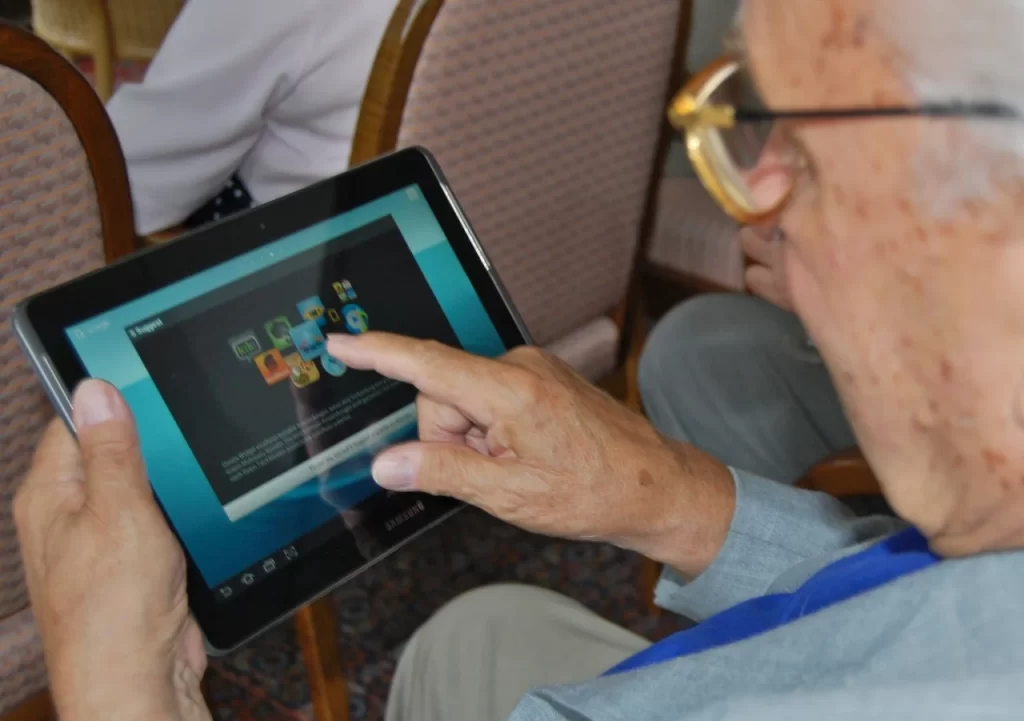
Our changing technological landscape offers many opportunities for supporting seniors. The right devices and apps can help older adults age in place, maintain their health, explore their interests, and stay independent. However, new tech brings new challenges, particularly when it comes to device usage and data security.
High-tech devices can be quite complicated to set up and use. Seniors and their caregivers may need to look for additional support during the early stages of adoption. Buyers will also need to educate themselves and seniors about good cyber security practices in order to use this new tech to its full potential.

